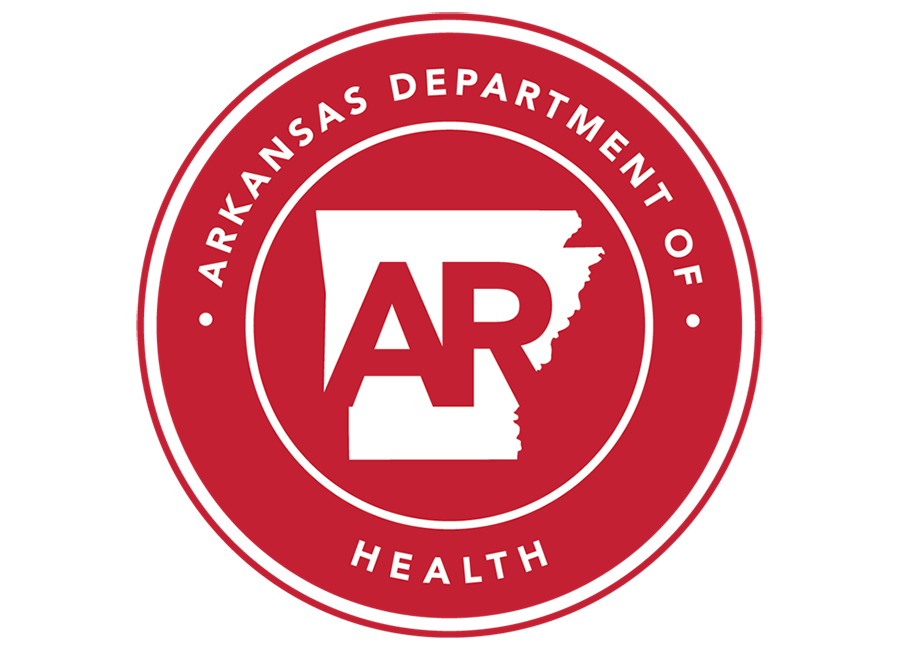The Arkansas Department of Health (ADH) continues to investigate an outbreak of Shiga toxin-producing E. coli (STEC) infections in Northwest Arkansas. Symptoms have been reported by approximately 100 students who attend the University of Arkansas including a few hospitalizations. While most people recover without treatment after 5 to 7 days, individuals who experience severe E. coli symptoms should seek immediate medical attention (see Severe E. coli Symptoms below).
The university is working closely with the ADH to help identify the source of the outbreak and provide guidance to help prevent additional infections. The Arkansas Department of Health reconfirmed Monday, Aug. 28 that it has no reason to believe the outbreak is connected to the university's public dining facilities.
ADH has gathered and is now analyzing survey data from more than 3,200 individuals as it works to pinpoint the source. However, it’s challenging to identify E. coli cases without severe symptoms, due to the fact that E. coli shares some of the same symptoms with covid, respiratory and gastrointestinal illnesses – all more prevalent than E. coli related illness.
Current information and any additional updates about the outbreak will be added to the Latest E. coli Updates online resource provided by Pat Walker Health Center.
Based on what is known about the onset of E. coli-related symptoms, the outbreak appears to have started more than 10 days ago. Symptoms usually start 3 to 4 days after ingesting the bacteria.
Because the bacteria is also transmissible, it is important to practice proper hygiene, especially good handwashing, at all times, on and off campus. The university has increased its surface cleaning and sanitizing protocols to help mitigate the spread.
In addition, practice other general E. coli prevention practices including cooking meats thoroughly; washing fruits and vegetables well under water; avoiding cross contamination; avoiding raw milk, unpasteurized dairy products, and unpasteurized juices; and following the four steps to food safety when preparing food: clean, separate, cook, chill.
Severe E. coli Symptoms Require Medical Attention
Seek medical attention right away if you have any severe E. coli symptoms, including:
- Diarrhea and fever higher than 102°F
- Diarrhea for more than 3 days that is not improving
- Bloody diarrhea
- So much vomiting that you cannot keep liquids down
- Signs of dehydration, such as decreased urination, dry mouth and throat, dizziness when standing up
- Practice proper hygiene, especially good handwashing.
E. coli are a diverse group of bacteria that normally live in the intestines of humans and animals. Although most strains of these bacteria are harmless, some produce toxins that can make you sick, such as Shiga toxin-producing E. coli (STEC). Most people infected with Shiga toxin-producing E. coli experience severe stomach cramps, diarrhea (often bloody), and vomiting. Symptoms usually start 3 to 4 days after swallowing the bacteria. While most recover quickly, some people may develop a type of kidney failure (hemolytic uremic syndrome, also called HUS) and would need to be hospitalized. Antibiotics are not recommended for patients with suspected E. coli infections until diagnostic testing can be performed and E. coli infection is ruled out.
For More Information
- Foodborne Disease Arkansas Department of Health
- E. coli (Escherichia coli) | E. coli | CDC (Centers for Disease Control)
- Please contact the ADH Outbreak Response Section via phone (501-661-2381) or email (ADH.ORSNurses@arkansas.gov) with any additional questions or concerns.
- Pat Walker Health Center
Topics
Contacts
John Thomas, director of media relations
University Relations
479-575-7430,
